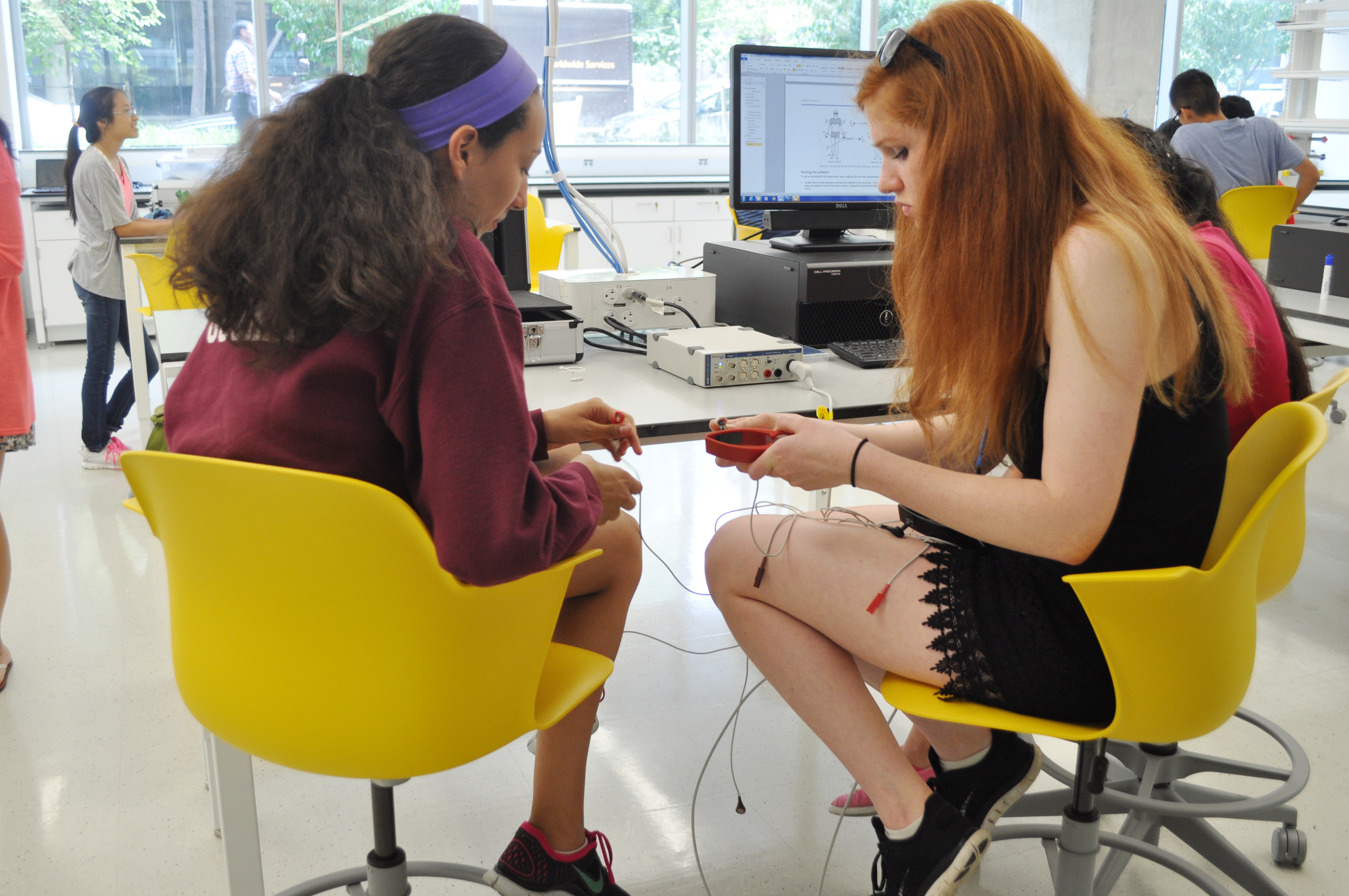STEM
Image

GW’s state-of-the-art Science and Engineering Hall (SEH), coupled with GW’s distinguished faculty, provide a unique opportunity to study STEM courses in the nation’s capital.
The new engineering building includes high-tech laboratory space and facilities, such as a biomedical imaging lab. In addition, you will have the chance to interact with Washington, D.C.’s active science and engineering community to create an unforgettable summer learning experience.

